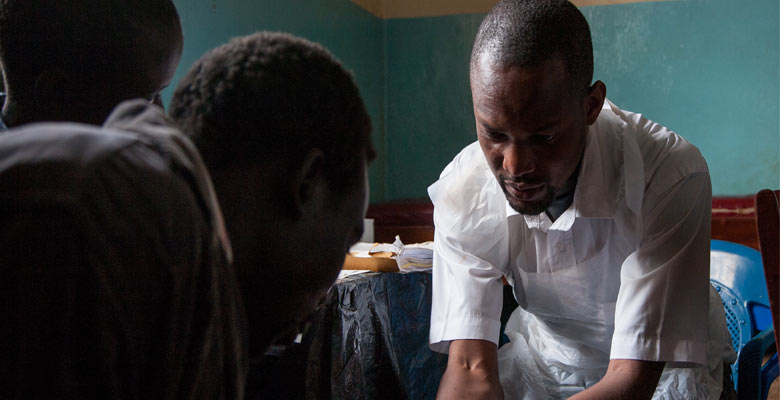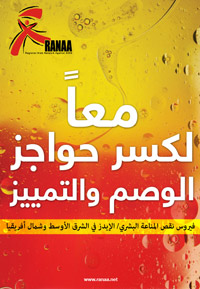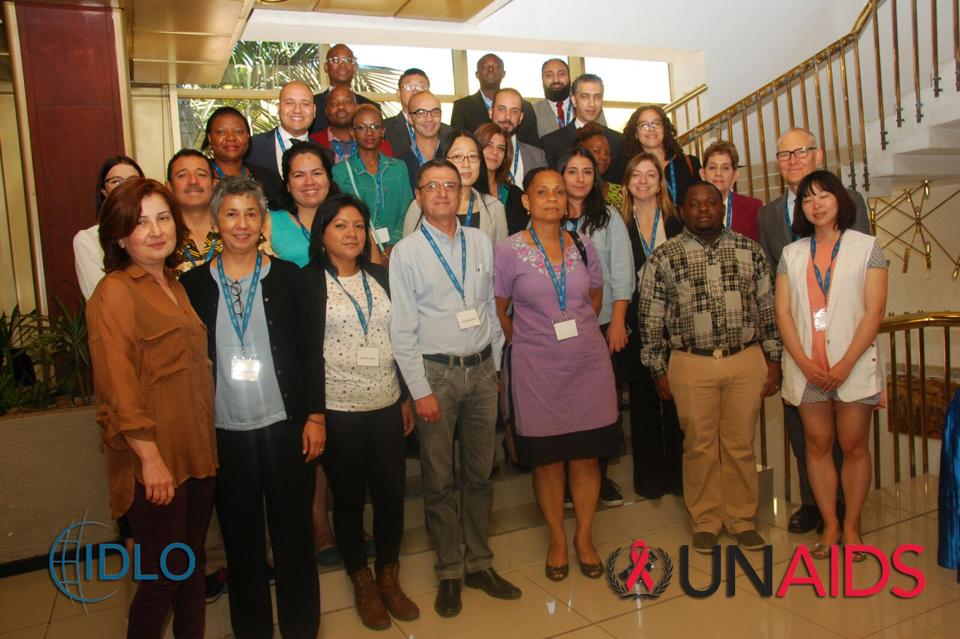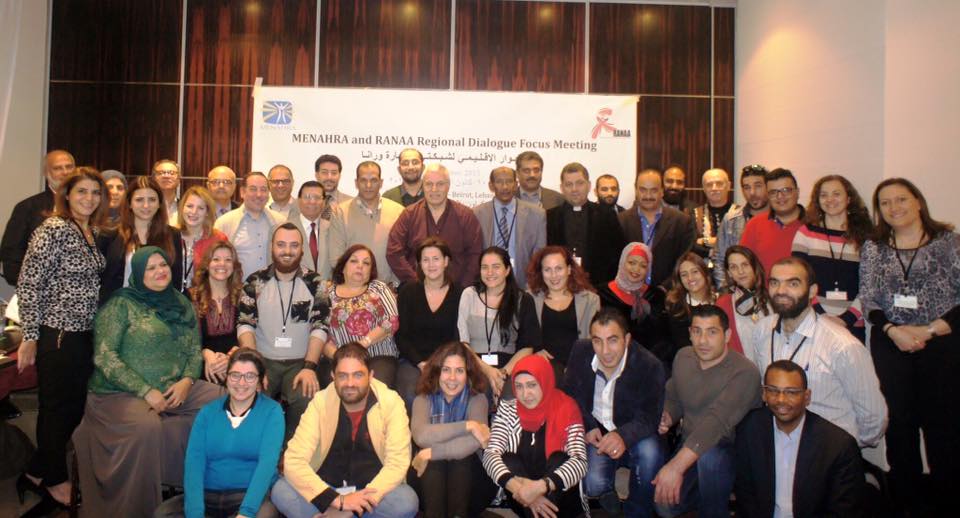The US President’s Emergency Plan for AIDS Relief (PEPFAR) has created an investment fund of US $100 million earmarked for key populations most affected by HIV, including men who have sex with men (MSM), sex workers, people who use drugs, prisoners and transgender people.
The announcement was made at the UN High-Level Meeting on Ending AIDS in New York this week (June 8-10), which had otherwise been marred by the lack of participation of representatives from key populations and a Political Declaration criticised by civil society for failing key populations.
Some 22 organisations representing key populations were banned by their countries from attending. The political declaration also had almost no explicit mentions of key populations or the interventions needed to curb their vulnerability to HIV.
In this context, the new US fund was applauded and dubbed a ‘small win’ for civil society by the Global Forum on MSM & HIV (MSMGF). The fund will support innovative community-led responses to address the gaps in reaching key affected populations.

Deborah Birx, US Global AIDS Coordinator and Special Representative for Global Health Diplomacy said the investment fund “will work to identify, measure, and change the complex dynamics driving stigma and discrimination”, and “support multi-year and comprehensive approaches” to fund key population-led community based organisations.
Executive Director of the MSMGF, Dr George Ayala called the US Ambassador’s announcement “a welcome departure from this week’s displays of weak leadership at the United Nations. Organizations led by gay men and other men who have sex with men, sex workers, transgender people and people who inject drugs are best positioned to address their communities’ concerns, but they are shamefully under-resourced to do the work needed.”
90% of all new infections in 2014 in central Asia, Europe, North America, the Middle East and North Africa were among these key populations. In Latin America and Asia-Pacific, they accounted for nearly two-thirds of all new infections.








